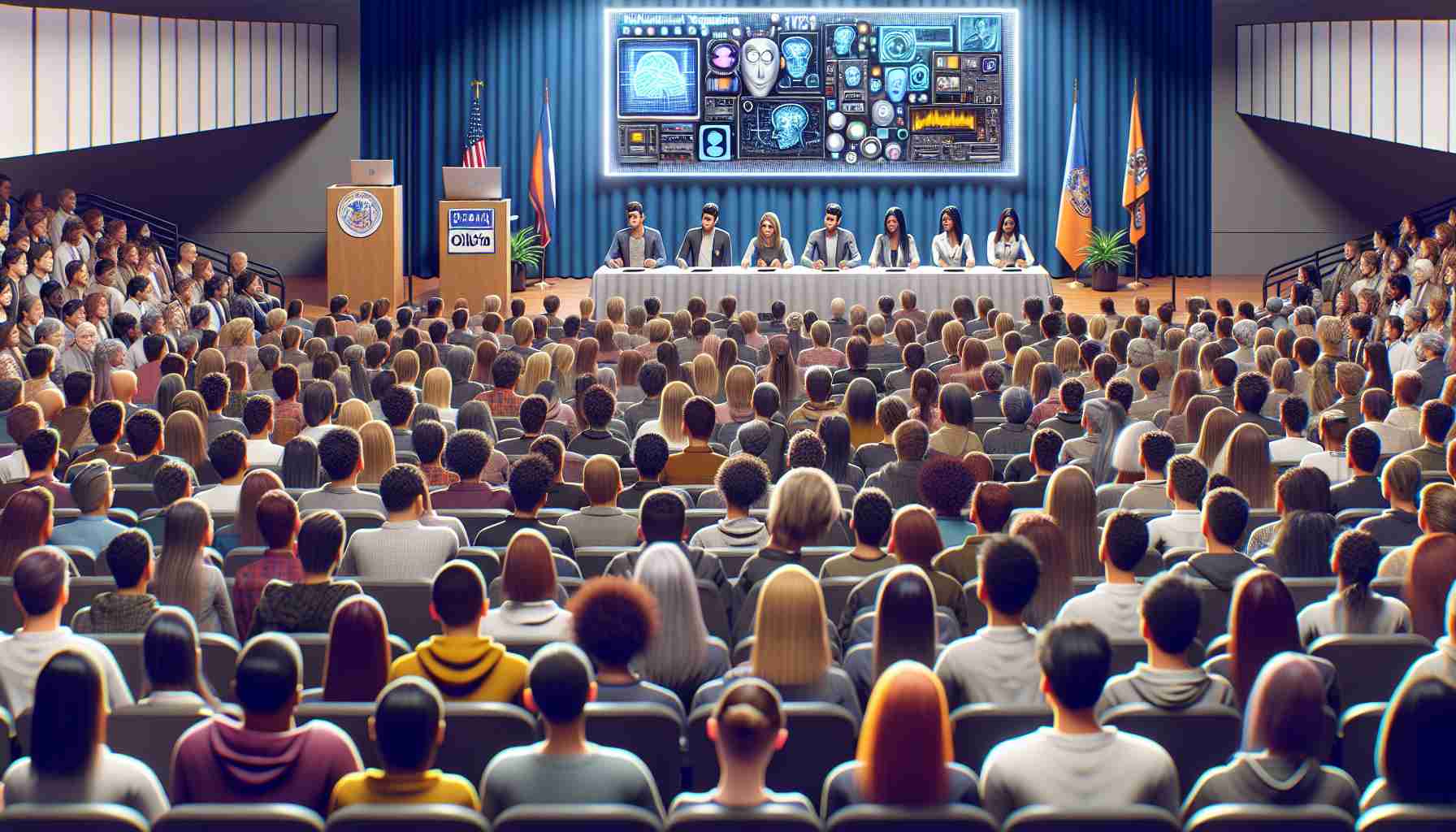On May 9, 2024, from 12 PM to 1:30 PM, the “A. Gramsci” High School in Olbia will host a stimulating discussion focused on education in the age of artificial intelligence. The theme of the event is “The School in the Time of AI: Reflections and Debate on the Value of Learning in the Era of Conflict between Free Will and Algorithms”. It features Andrea Iovino, a renowned writer and educator with expertise in Modern Literature, Art History, and Mass Communication. Iovino, who presently leads the Biennial of Arts and Sciences of the Mediterranean and is an educational trainer recognized by the Ministry of Education, will serve as the keynote speaker.
The event celebrates a decade-long collaboration between the high school and Bimed, an initiative founded in 1997 in partnership with the Ministry of Cultural Heritage and Activities and the Ministry of Public Education. This partnership aims to enhance culture and education as drivers of development in Southern Italy. “A. Gramsci” High School has actively engaged in creative writing relays and other projects over the years.
Under the guidance of literature teacher Mariella Taras and through the efforts of key project contributors such as Antonella Piredda and others, the students have gained hands-on experience. They’ve delved into practical learning approaches, fostering reflection and interaction. Recently, four classes from the institute participated in the innovative “Legal Dictionary” initiative.
Adding to their achievements, the school emerged victorious in the senior category of the national ScriViAmo award, thanks to a compelling narrative crafted during their creative writing relay.
This conference not only provides a platform for introspection on the future of education amid the growing influence of AI but also sparks discussions on the challenges and opportunities that this technology presents to the realm of learning.
AI and education is an expansive topic that juggles numerous quests for balance—the balance between technology and human touch, data-driven personalization and privacy, and future skills versus classical knowledge. The symposium at “A. Gramsci” High School is set to probe these delicate scales. Here are a few points on the topic, including questions, challenges, and controversies, as well as advantages and disadvantages, to consider:
Important Questions:
– How can we integrate AI into education without compromising the role of educators?
– What ethical considerations arise in the application of AI in education?
– How does AI change the skills and competencies required for the future workforce?
Key Challenges and Controversies:
– Data Privacy: The utilization of AI in education often requires the collection and analysis of student data to personalize learning experiences, which raises significant privacy concerns.
– Teacher’s Role: There is concern about the displacement of traditional educator roles and the potential devaluation of human-led instruction as AI technologies become more prevalent.
– Accessibility: Ensuring equitable access to AI-powered educational tools is a major challenge, especially in socio-economically marginalized communities.
– Quality Control: Ensuring the content delivered by AI systems is accurate, unbiased, and up-to-date is critical to maintain educational standards.
Advantages:
– Personalized Learning: AI can adapt to a student’s learning pace and style, providing individualized pathways to knowledge.
– Efficiency: AI can automate administrative tasks, like grading and progress tracking, allowing educators more time to focus on teaching.
– Accessibility: AI-driven tools can make learning more accessible for students with disabilities through adaptive technologies.
Disadvantages:
– Job Displacement: There’s a fear that increased reliance on AI could lead to job losses within the educational sector.
– Equity Issues: Without careful implementation, AI may exacerbate existing inequalities in education, benefiting those with better resources to access high-tech tools.
– Dependency on Technology: Overreliance on AI in education may weaken certain cognitive and social skills that are better developed through human interaction.
Finding additional information on the broader topic of AI and education can be aided by visiting authoritative and scholarly resources. Here are some suggested related links:
– Association for the Advancement of Artificial Intelligence (AAAI)
– International Artificial Intelligence in Education Society
– U.S. Department of Education
– UNESCO
These links lead to domains that focus on AI, education, or a combination of both and can provide a wealth of information for those interested in delving deeper into this subject matter.

